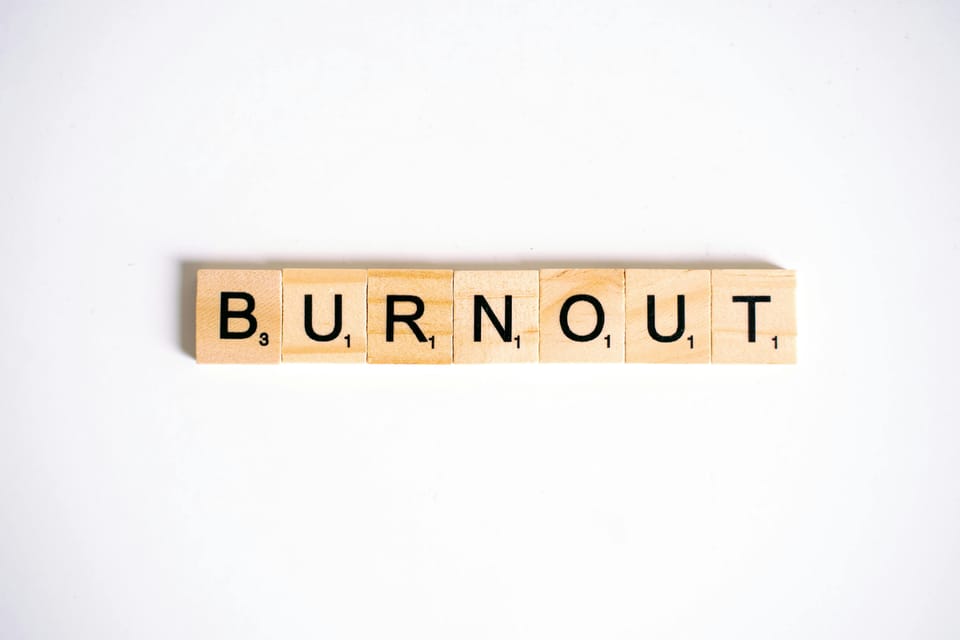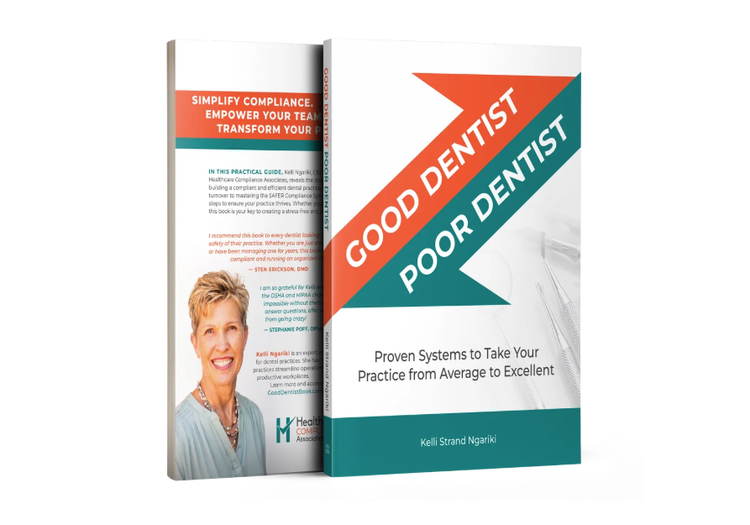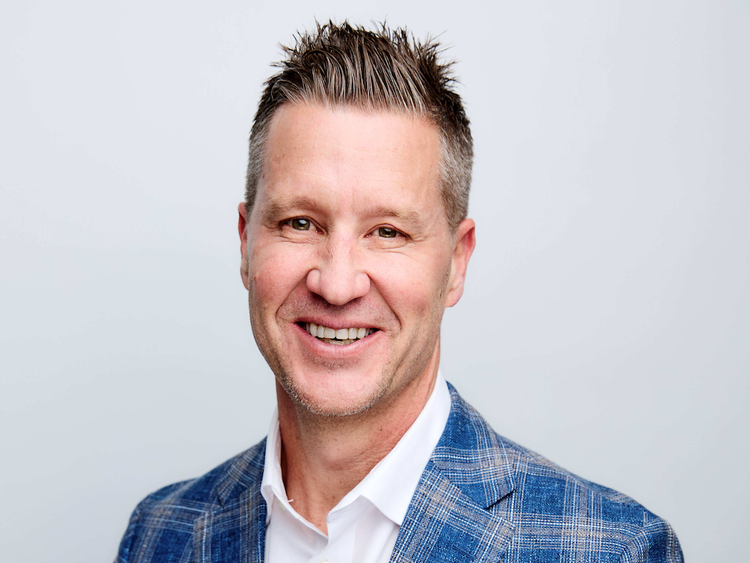'Normalize the term 'burnout'

A version of this Q&A first appeared in the Dental Bite Newsletter. Sign up to here to receive the weekly newsletter.
By Carrie Pallardy | for Dental Bite
Burnout is a common challenge among dentists, and it has grown significantly in the wake of the Covid pandemic.
J. William "Bill" Claytor, Jr., DDS, MAGD, associate director of North Carolina Caring Dental Professionals (NCCDP), knows firsthand how tough living and working through burnout can be. He shares how his perspective on burnout has evolved and offers insight into how dentists can get help.
How has your perspective on burnout in dentistry changed over the course of your career?
My perspective has changed from “I don't want to get it; I don't want to talk about it” to “It's an ever-present danger that we are all susceptible to,” mainly because of the way we practice.
Most of us dentists are still in some form of solo practice. We tend to be isolated. We tend to be thinkers and introverts in the way we process and recharge our batteries. And sometimes we feel like we have to have all the answers. And so, I think my perspective now is to normalize the term burnout to say it's part of who we are. The big thing is just to ask for help, and that's a huge ask for a lot of dental professionals.
Do you think dentists are more willing to talk about burnout? How much stigma do you still see in the industry?
The good news is I think the message in the last eight or nine years has really been getting out to the dental community through the American Dental Association and state dental societies.
The very good news is that the younger dentists coming out of dental school, in the last five or 10 years, they're getting a lot of this training. Now, the stigma still is there, but I think we're seeing signs that they're more open to talking about things like this.
What resources are available for dentists who are struggling with burnout?
ADA.org/wellness is a great resource.
The North Carolina Caring Dental Professionals is one of 22 state-run dental programs that have resources available for dentists and dental hygienists. In the other 28 states, a lot of the dentists and dental hygienists would come under the umbrella of the physician health programs.
On a personal level, I wish I could get everybody to talk to what I call an accountability partner: somebody that you trust, that you share things with.
Responses have been edited for brevity and clarity.
Don't be a stranger.
💠 Reply to this email to connect with our team.
💠 Forward Dental Bite to your colleagues.



